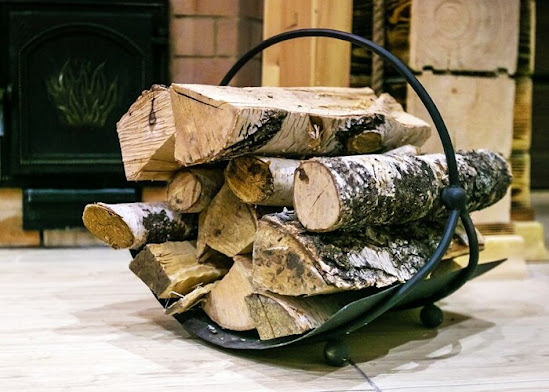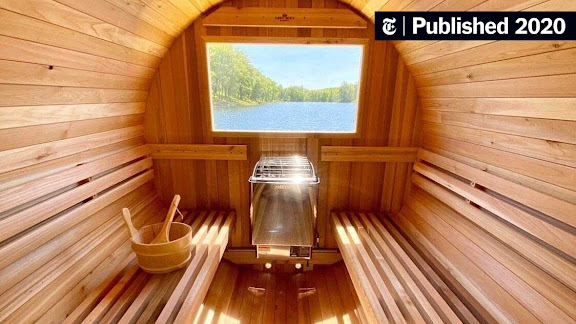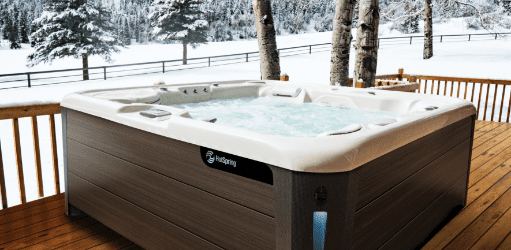Why Should You Install A Sauna Heating That Burns Wood?
The benefits of saunas for our health and comfort have long
been established. They have reduced our headaches and joint pain relieved our
tension, and have always been delightful. Presently, everyone is beginning to
construct their own sauna rooms. Yet, some people install heaters incorrectly,
which is a serious blunder. A wood-burning sauna heater is what I advise
because it offers you more advantages than an electric warmer.
Advantages of a sauna heater that burns wood include:
Everything has advantages and disadvantages, therefore we'll
explore why installing a wood-burning sauna heater is necessary while keeping
the disadvantages in mind. The benefits of a wood-burning heater exceed the few
drawbacks it has.
All of the heaters we install operate differently, cost
differently, smell differently, utilize electricity, or require a chimney or
vent. Each of them possesses unique qualities. Yet, a wood-burning sauna heater
is thought to be superior to the others.
- The smell of a wood-burning sauna heater is renowned to
provide a heartwarming ambiance and is traditional, making your sauna bath more
delightful than the others.
In comparison to an electric heater, it is also the most
affordable option. Although an electric heater is quicker, more convenient, and
can easily control the temperature according to your demands in just 10
minutes, the high electricity costs are unsettling for everyone. Also,
purchasing an electrical heater is a complete waste of money if you are in a
rural area or another location with intermittent power. If you install a
wood-burning sauna heater, you won't need to hire an electrician to wire your
home, which will save your expenses, but you will need to put up a chimney or
vent.
Naturally, there will also be drawbacks, such as a long
time to regulate the temperature and possibly a longer time to heat a cold
space.
- If a wood-burning sauna heater is properly maintained, its
lifespan will be extended. Never use ammonia or bleach to clean it since they
will fade the color of the wood; instead, use water and a little baking soda.
Hard water, defined as water with significant quantities of dissolved lime,
chalk, calcium, magnesium sulfates, and other minerals, is a problem in some
locations.
Read More:




Comments
Post a Comment